TikTok is abuzz with a new trend called the #fearfoodchallenge. It involves a person, usually someone recovering from an eating disorder, putting their courage to the test by randomly selecting a food item and then devouring it. Experts, however, are cautioning against this practice read more
)
One of the indicators of an eating disorder is a fear of food, which leads to restriction or avoidance of particular foods. Pixabay/Representative Image
In this digital age, food has become a viral trend, with flavours ranging from comforting to unusual.
Yet experts are worried about the health of the many people who suffer from eating disorders in light of the newest food trend on TikTok.
Eager creators on the video-sharing site are participating in the #fearfoodchallenge by consuming foods they normally avoid.
Here’s a quick look at it.
What is #fearfoodchallenge?
The ‘fear food challenge’ is designed to help people struggling with eating disorders.
It involves the person putting his/her courage to the test by randomly selecting a food item from a “fear food jar," and then devour it in front of a camera.
The foods are often high-calorie items, such as burgers, tacos or chocolate bars.
To date, the fad has amassed close to 500 million views, as per The Indian Express.
What exactly is a fear of food?
One of the indicators of an eating disorder is a fear of food, which leads to restriction or avoidance of particular foods.
While eating disorders can strike anyone at any age, they typically start in young adults (up to 24 years old) and teenagers (10 to 19 years old).
Individuals who suffer from diabetes and medical diseases that impact digestion and appetite, such as irritable bowel syndrome and inflammatory bowel disease, are more susceptible to eating disorders, reported NDTV.
First-line treatments for eating disorders include psychiatric therapies, such as the well-known Cognitive Behaviour Therapy (CBT).
What are the risks?
Experts, such as psychologists, have cautioned against the latest trend.
They claim that attempting such trends in the absence of appropriate professional supervision and assistance may worsen mental health conditions and perhaps lead to triggering behaviours.
Neha Cadabam, senior psychologist and executive director at Cadabams Hospitals and Mindtalk, told Indian Express, “For people with eating disorders like anorexia or bulimia, these challenges can be incredibly triggering. They can lead to a rollercoaster of emotions, from intense anxiety and guilt to shame and even relapse into harmful behaviours. It’s like poking a wound that’s trying to heal.”
The mental health of the person with the eating disorder recording the video may deteriorate due to the viewers’ harsh comments.
Thus, the challenge has a high chance of failure.
Ipsita Chakraborty, senior nutritionist at Hungry Koala, told the newspaper, “For people recovering from eating disorders, this challenge might be more ‘fear’ than ‘food.’ Doing it alone can mess with your eating patterns and actually make your food anxieties worse.”
Why is expert supervision necessary?
Research indicates that exposure to the feared object can have positive consequences, but when there is no trained supervision, there is a clear risk of dietary problems leading to fear.
The issue here is that the fear food challenge videos are frequently made by one person, without a professional in exposure-based therapy.
One type of CBT therapy that uses the exposure and response prevention theory in a therapeutic context is called exposure-based therapy, and it helps patients overcome certain kinds of phobias.
NDTV explains that the “exposure” part involves practicing facing the pictures, ideas, things, and circumstances that cause anxiety.
“Response prevention” refers to choosing not to act compulsively in reaction to fear. This is a popular method for treating obsessive-compulsive disorder (OCD), a type of anxiety illness.
Having a qualified therapist provide direction is essential to the therapeutic process, particularly in its early phases. Retraining the brain to stop viewing the object as a fear trigger is the goal of the treatment.
Research suggests that social media should not be utilised to treat these kinds of conditions, though, because it lacks resources for managing self-perception, self-esteem, self-criticism, and nutrition.
The fear food challenge can be used to increase public awareness of the illnesses and encourage eating disorder sufferers to begin exposure therapy.
With inputs from agencies

 3 months ago
23
3 months ago
23

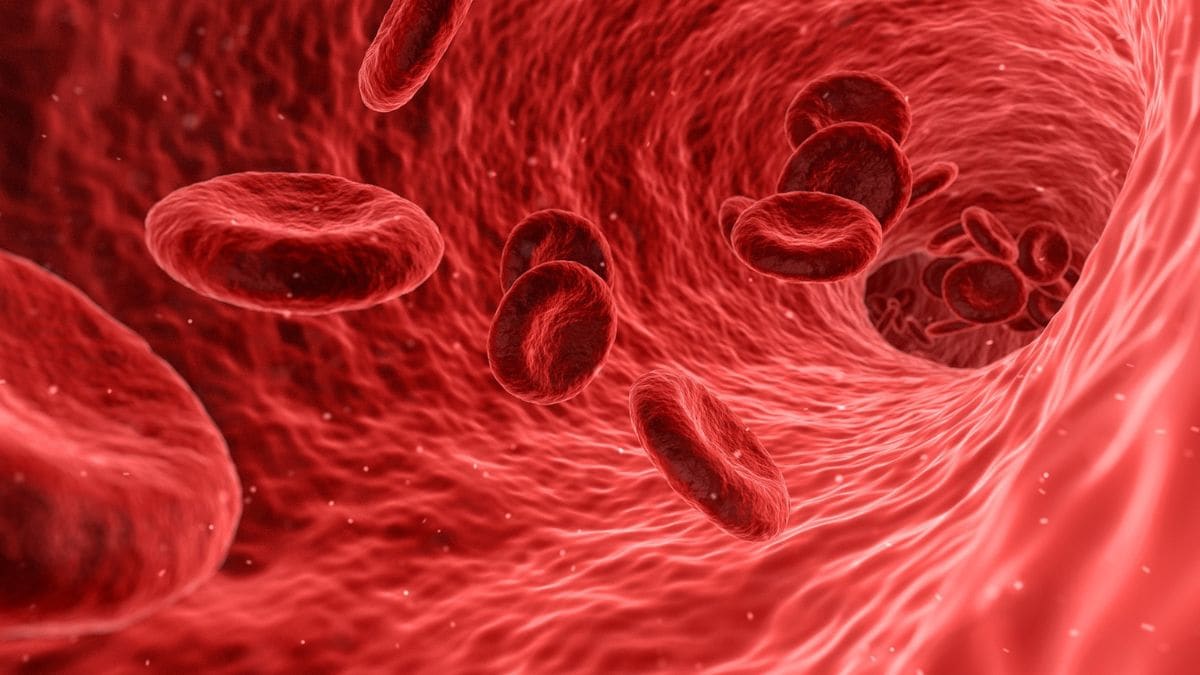


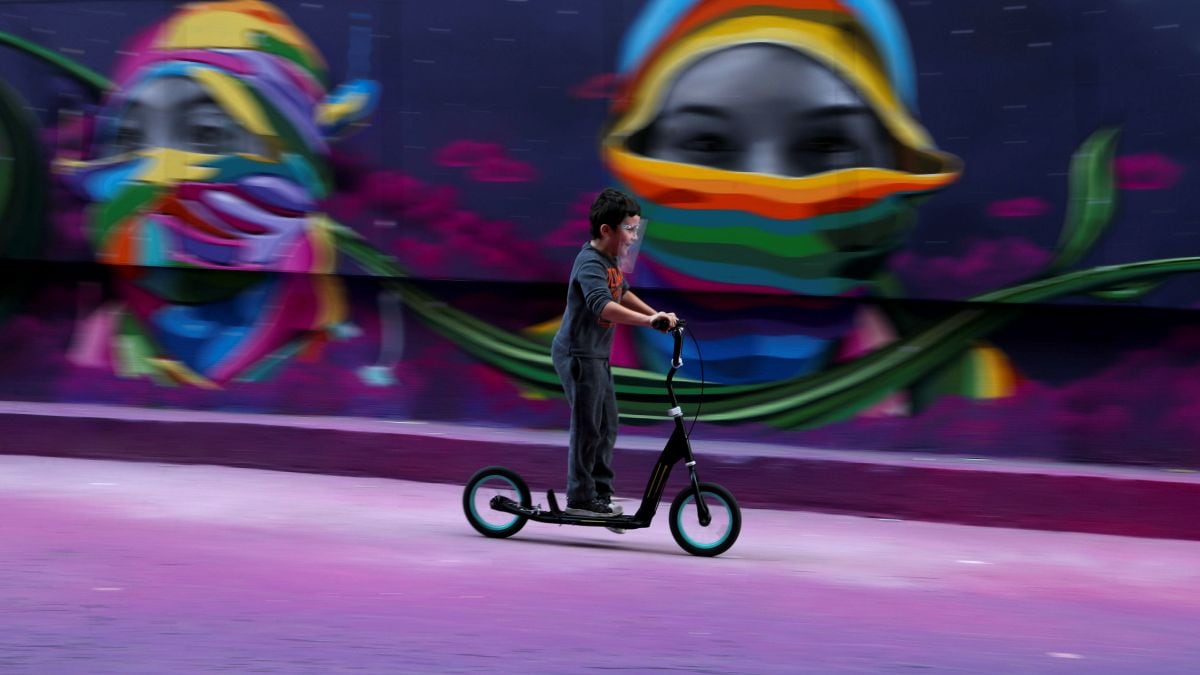


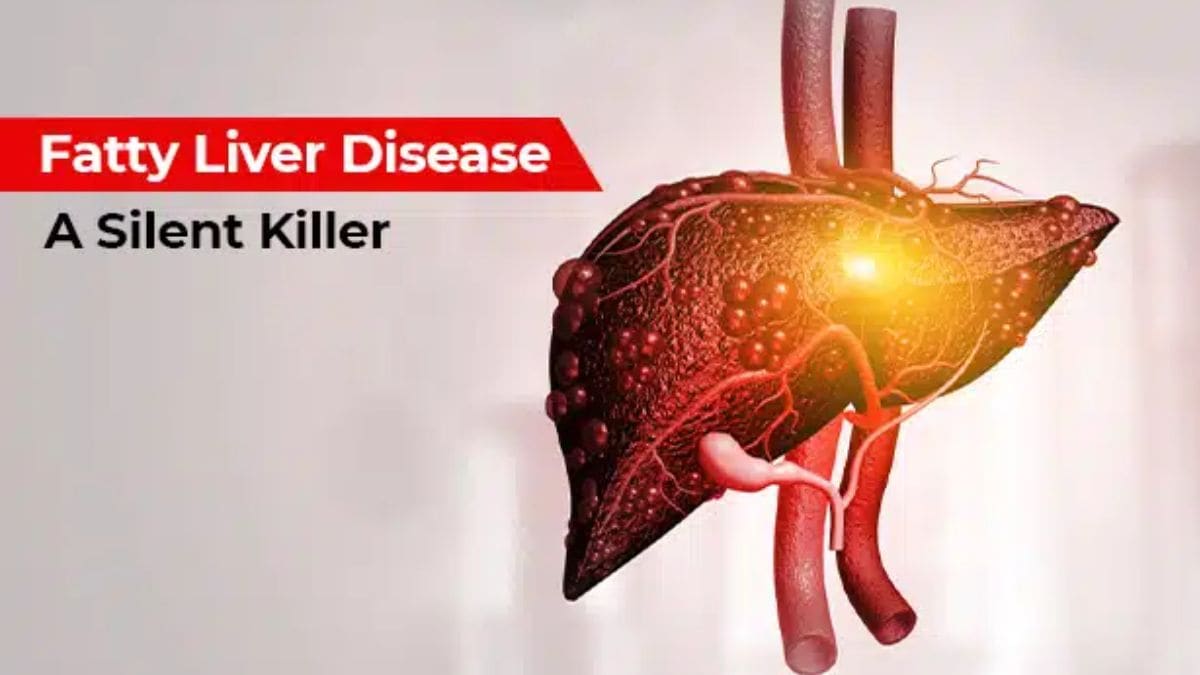

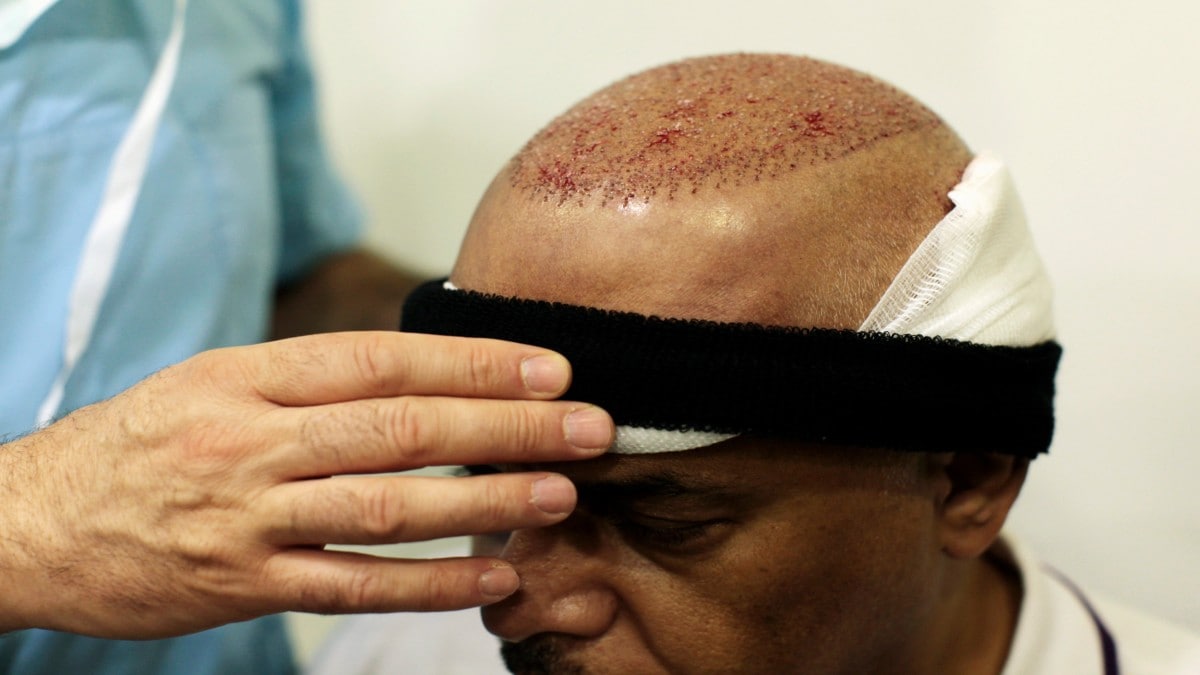

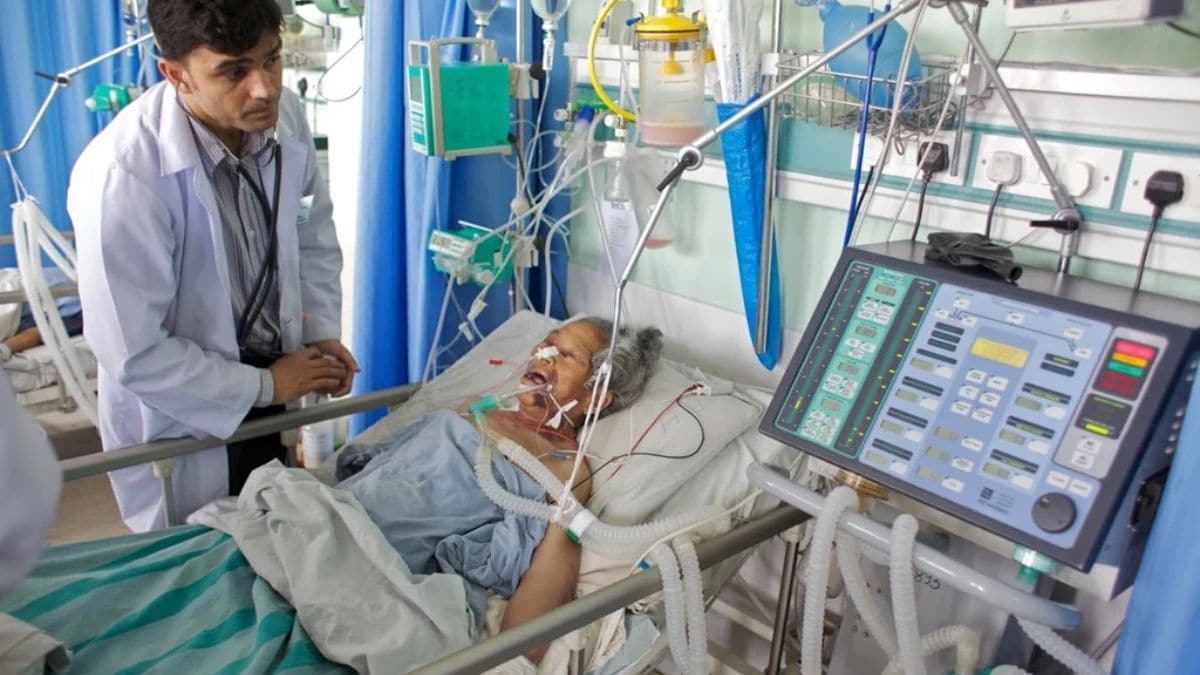
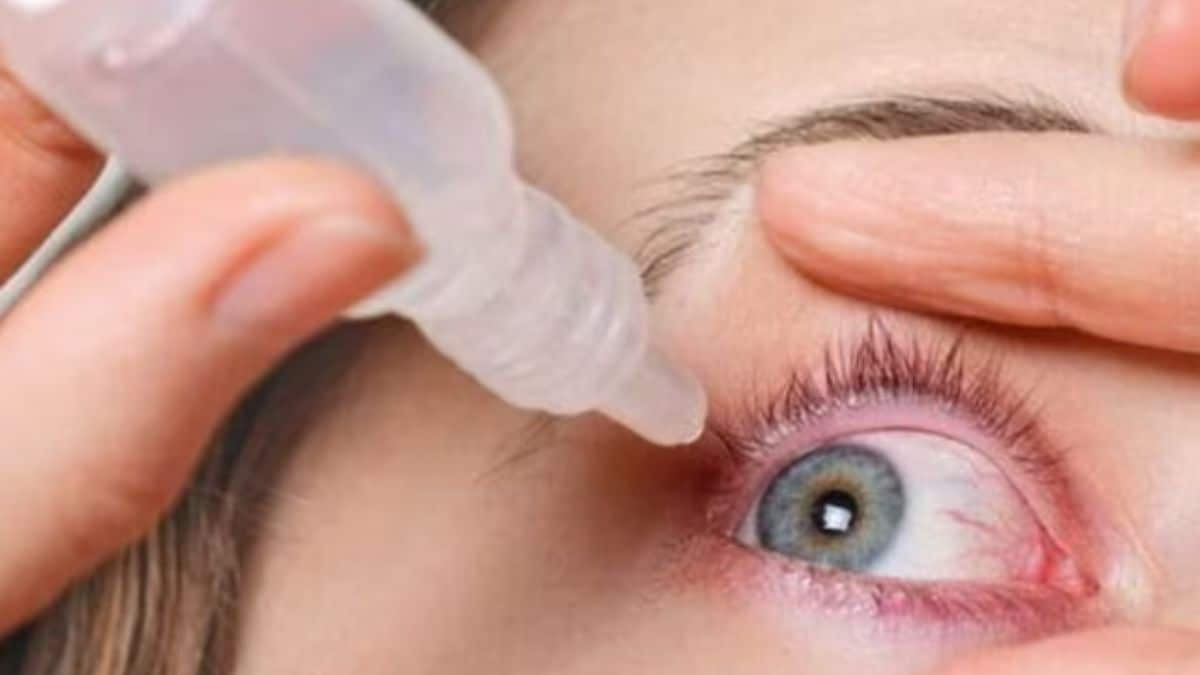
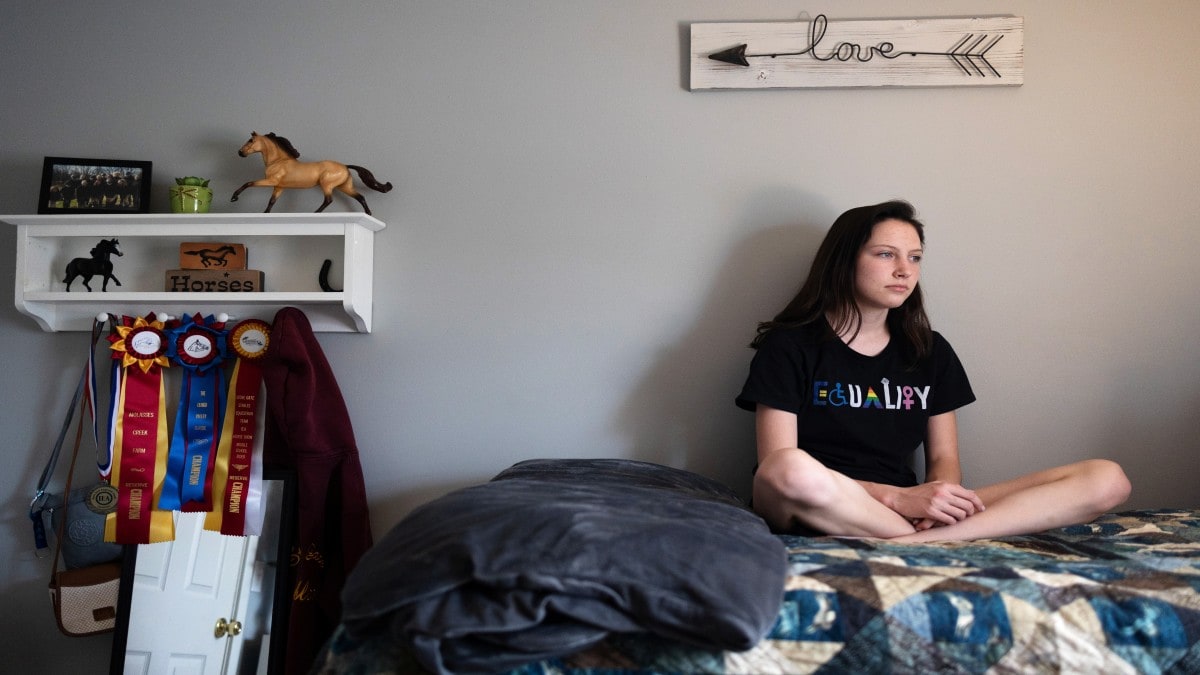

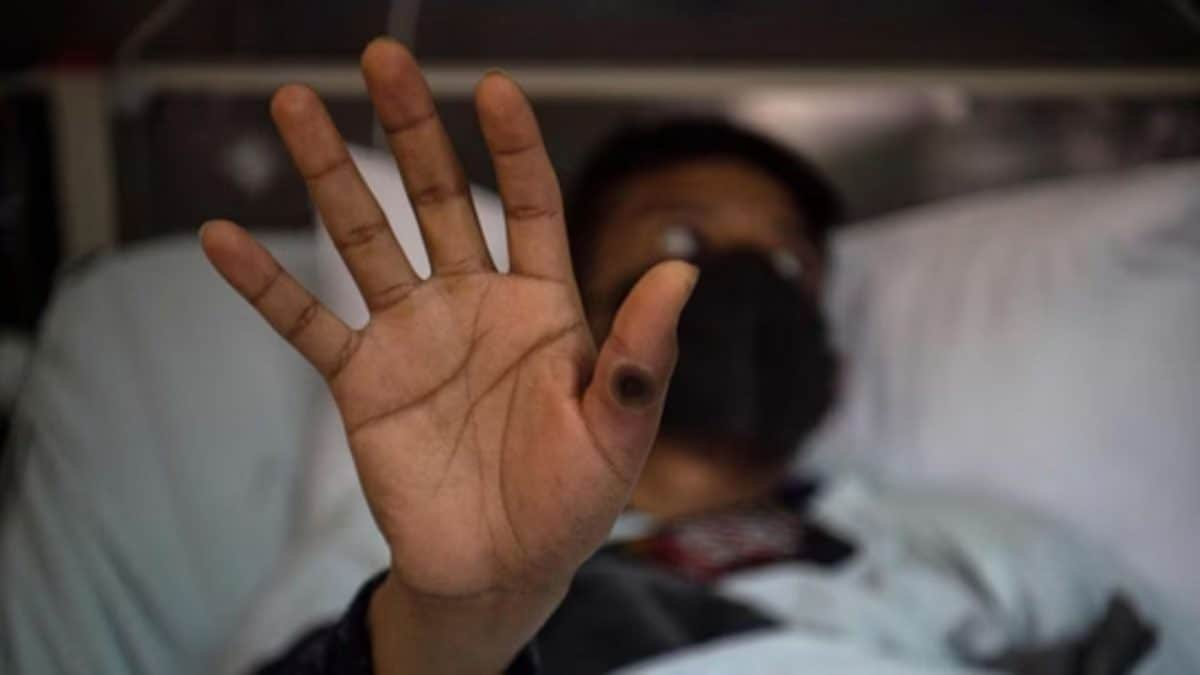
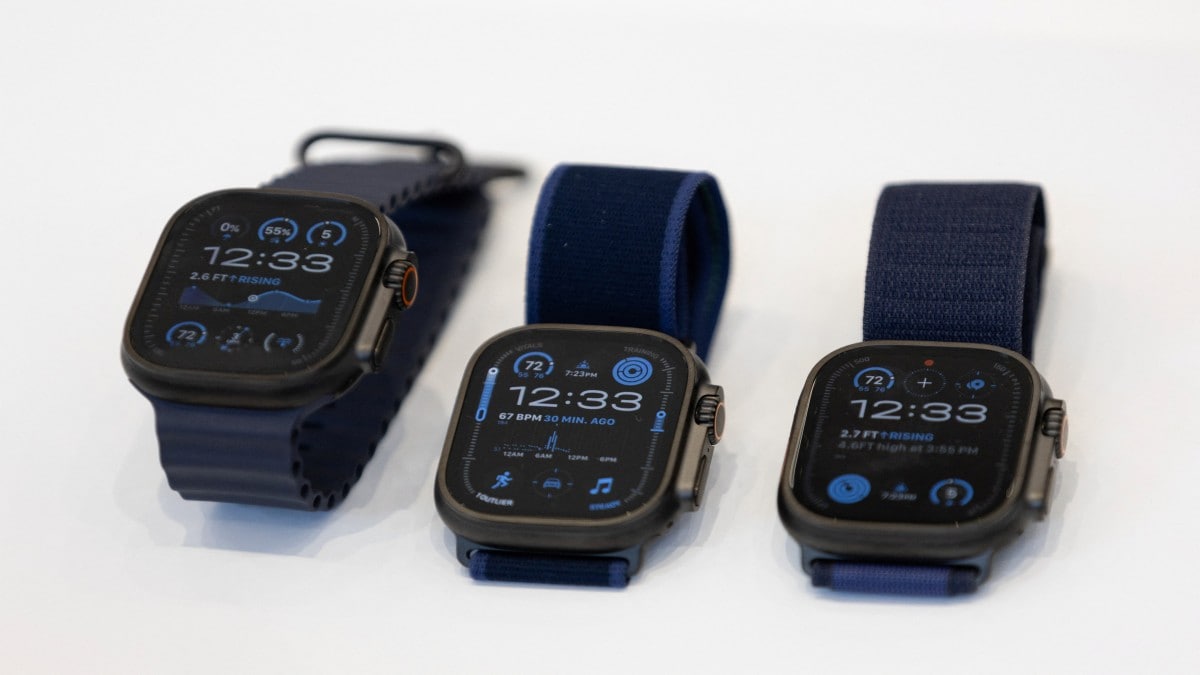

)
)
)
)
)
)
)
 English (US) ·
English (US) ·